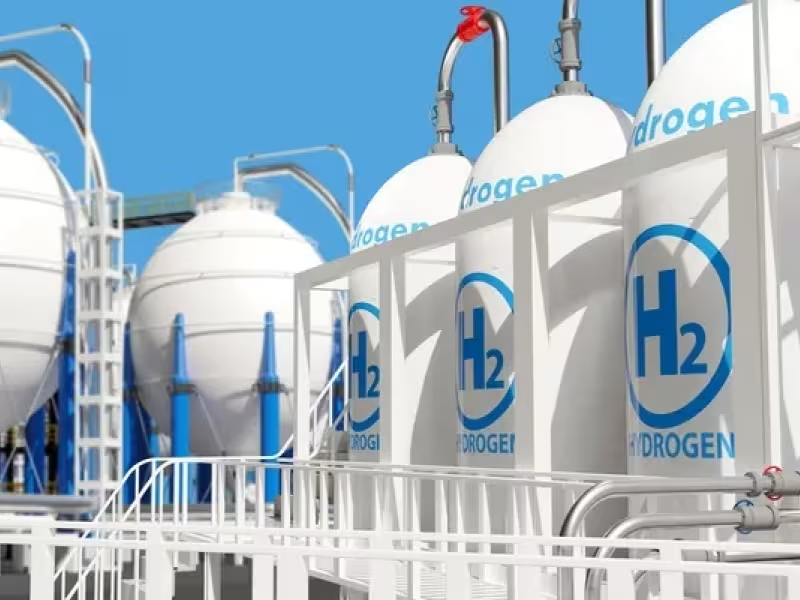
SHERIDAN, WYOMING – November 18, 2024 – Researchers at the University of York have achieved a significant breakthrough in sustainable energy production, developing a novel method for generating hydrogen from organic waste while simultaneously capturing carbon dioxide. This innovative approach, known as the H2Boost project, has the potential to revolutionize biohydrogen production and contribute to a cleaner, more sustainable energy future.
A Commercially Viable and Sustainable Solution
The H2Boost project aims to create a commercially viable and sustainable process for producing biohydrogen from organic waste. This breakthrough technology addresses the growing demand for clean energy solutions while also tackling the challenge of organic waste management.
Dark Fermentation: The Core of the Process
The researchers employed a dark fermentation process, where microbes break down organic waste in the absence of light. This process efficiently generates hydrogen while effectively capturing CO2 as a by-product.
Government Funding and Collaboration
The H2Boost project received funding from the UK government's £1 billion Net Zero Innovation Portfolio (NZIP). The research was conducted under the Department for Energy and Security and Net Zero's Hydrogen BECCS Innovation Programme.
The project was led by the University of York's Biorenewables Development Centre (BDC) in partnership with the University of Leeds, showcasing successful collaboration between leading research institutions.
A Significant Technical Breakthrough
Penny Cunningham, Programme Operations Manager at the BDC, expressed her excitement about the project's achievements:
"The production represents a 'significant technical breakthrough.'"
She further emphasized the potential of this innovative approach:
"Our novel approach to producing clean hydrogen from waste while removing CO2 is not only technically feasible but also holds significant promise for large-scale sustainable energy solutions in the future."
Implications for a Sustainable Future
The development of this technology has far-reaching implications for a sustainable future:
- Clean Energy Production: Offers a sustainable and environmentally friendly method for producing hydrogen, a clean energy carrier.
- Waste Management: Provides an innovative solution for managing organic waste, reducing landfill reliance and promoting a circular economy.
- Carbon Capture: Effectively captures CO2 emissions, contributing to climate change mitigation efforts.
- Scalable Solution: Holds the potential for large-scale implementation, addressing the growing demand for clean energy.
The University of York's breakthrough in hydrogen production from organic waste represents a significant advancement in sustainable energy solutions. This innovative technology has the potential to revolutionize the way we produce and consume energy, paving the way for a cleaner, greener future.